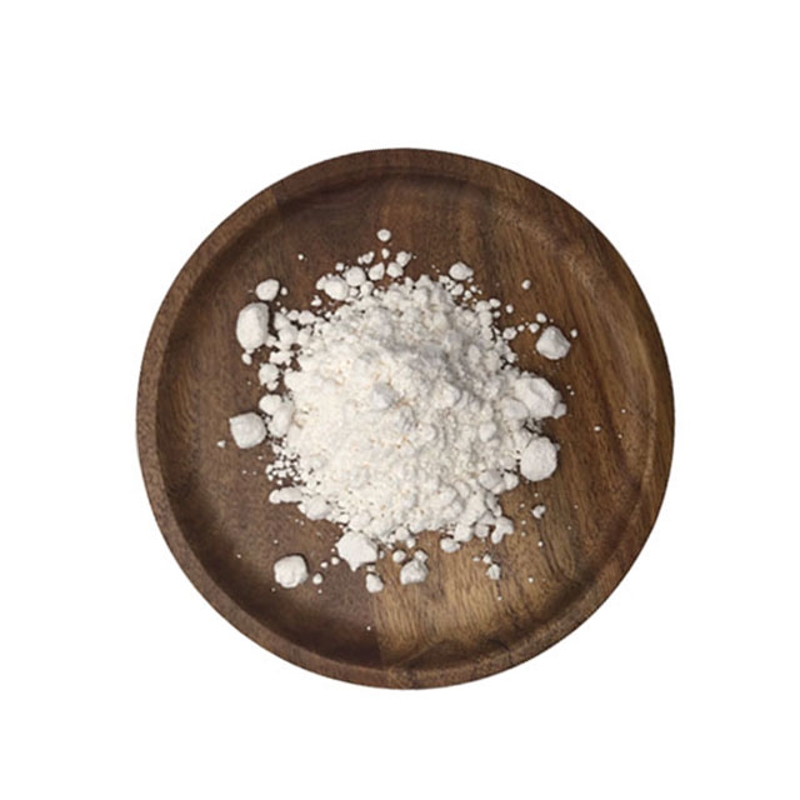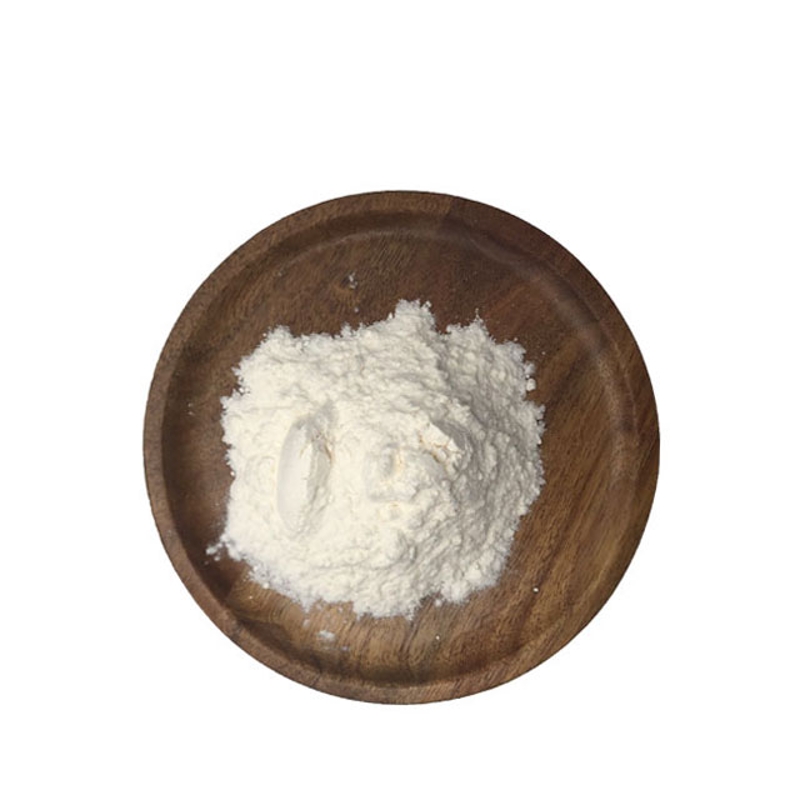-
Categories
-
Pharmaceutical Intermediates
-
Active Pharmaceutical Ingredients
-
Food Additives
- Industrial Coatings
- Agrochemicals
- Dyes and Pigments
- Surfactant
- Flavors and Fragrances
- Chemical Reagents
- Catalyst and Auxiliary
- Natural Products
- Inorganic Chemistry
-
Organic Chemistry
-
Biochemical Engineering
- Analytical Chemistry
- Cosmetic Ingredient
-
Pharmaceutical Intermediates
Promotion
ECHEMI Mall
Wholesale
Weekly Price
Exhibition
News
-
Trade Service
The long-term follow-up data of some randomized controlled trials showed that mastectomy and breast-conserving therapy (BCT) (including tumor resection or quarter mastectomy, followed by postoperative radiotherapy) in disease-free survival (DFS), distant There was no significant difference between disease-free survival and overall survival (OS)
.
Therefore, a team recently compared the survival results of 1360 patients with early-stage breast cancer (stage I-IIA) according to the type of topical treatment
The long-term follow-up data of some randomized controlled trials showed that mastectomy and breast-conserving therapy (BCT) (including tumor resection or quarter mastectomy, followed by postoperative radiotherapy) in disease-free survival (DFS), distant There was no significant difference between disease-free survival and overall survival (OS)
The study included 1,360 patients with I-IIA (T1–2N0 or T0–1N1) breast cancer diagnosed between 2001 and 2013 , of which 1021 (75.
1%) received breast-conserving therapy (BCT) and 339 were simply total mastectomy (24.
9%)
.
Most breast tumors are ≤2cm in size (n = 1100, 81.
The study included 1,360 patients with I-IIA (T1–2N0 or T0–1N1) breast cancer diagnosed from 2001 to 2013 , of which 1021 (75.
Comparison of postoperative treatment
Comparison of postoperative treatmentThe median follow-up DFS and OS were 6.
9 years (range: 0.
3-15.
9) and 7.
5 years (range: 0.
2-25.
9), respectively
.
There were 15 (1.
The median follow-up DFS and OS were 6.
Progress mode
Progress modeThe 5-year and 10-year DFS rates of the BCT group were 97% and 96%, respectively, while total mastectomy alone was 91% and 90% (log-rank; p <0.
001)
.
In univariate analysis, the following factors were related to the reduction of DFS: not receiving BCT, age> 70 years, tumor size ≥ 2 cm, stage IIA, tumor grade ≥ grade 2, and no adjuvant endocrine therapy
The 5-year and 10-year DFS rates of the BCT group were 97% and 96%, respectively, while total mastectomy alone was 91% and 90% (log-rank; p <0.
DFS and OS
DFS and OSThe 5-year and 10-year OS rates of the BCT group were 97% and 93%, respectively, while total mastectomy alone was 95% and 89% (log-rank; p=0.
045)
.
Univariate analysis found that total mastectomy as the only local treatment was associated with poor OS, but the multivariate Cox regression analysis showed no statistical difference
The 5-year and 10-year OS rates of the BCT group were 97% and 93%, respectively, while total mastectomy alone was 95% and 89% (log-rank; p=0.
At present, many studies have found that breast-conserving therapy (BCT) improves the prognosis of patients compared with total mastectomy
Related research published
Related research publishedIn summary, the study showed that compared with pure mastectomy, BCT showed better DFS, emphasizing the important role of adjuvant therapy (including postoperative radiotherapy) in patients with early breast cancer
.
.
The study showed that compared with pure mastectomy, BCT showed better DFS, emphasizing the important role of adjuvant therapy (including postoperative radiotherapy) in patients with early breast cancer
.
The study showed that compared with pure mastectomy, BCT showed better DFS, emphasizing the important role of adjuvant therapy (including postoperative radiotherapy) in patients with early breast cancer
.
Original source:
Original source:Ratosa, I.
; Plavc, G.
; Pislar, N.
; et al.
Improved Survival after Breast-Conserving Therapy Compared with Mastectomy in Stage I-IIA Breast Cancer.
Cancers 2021, 13, 4044.
https://doi.
org /10.
3390/ cancers13164044.
; Plavc, G.
; Pislar, N.
; et al.
Improved Survival after Breast-Conserving Therapy Compared with Mastectomy in Stage I-IIA Breast Cancer.
Cancers 2021, 13, 4044.
https://doi.
org /10.
3390/ cancers13164044.
https://doi.
org/10.
3390/ Leave a message here







